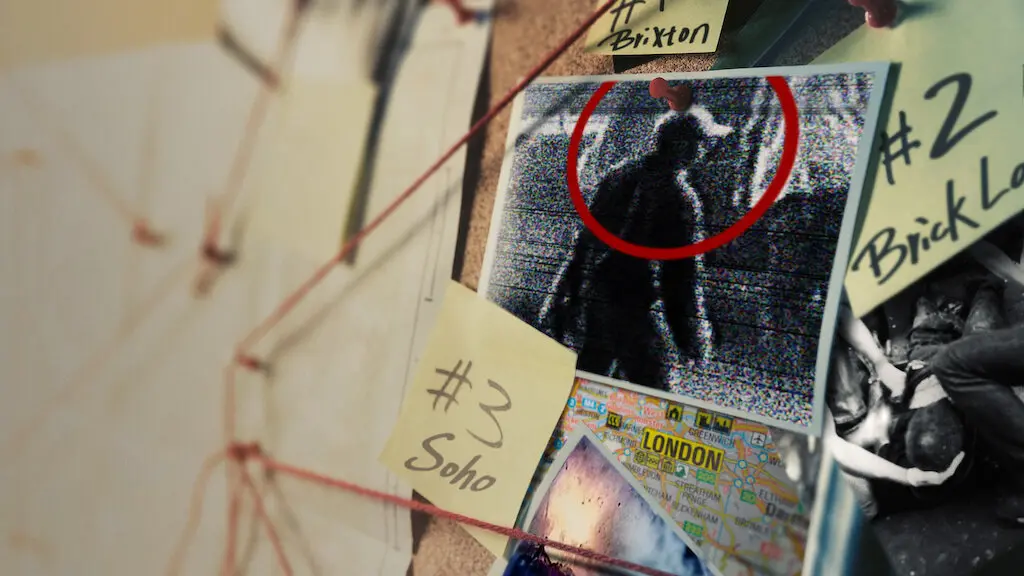Summary
Nail Bomber: Manhunt is a searing work of documentary filmmaking that finds a sense of togetherness in how targeted communities united to thwart the heinous attacks of far-right neo-Nazi extremist David Copeland.
Netflix’s latest documentary film, Nail Bomber: Manhunt, is an important example of two things. One is the dangers of far-right extremism, the idea that the logical extension of abhorrent positions is abhorrent acts. The other is how vital it is to fight that kind of extremism together, with many groups and institutions meeting in the middle for the good of everyone. The tragedy of it, beyond the obvious, is that it took such a heinous act to allow people to find a common middle ground. But either way, it’s a powerful piece of relevant documentary filmmaking.
The nail bomber was David Copeland, a proudly bigoted nutcase who, in April 1999, planted three devastating homemade nail bombs around vibrant minority communities in London, targeting Black, Asian, and LGBTQ+ people for no reason other than Copeland hated them and wanted to stoke a brutal, racially-driven civil war atop their very identities. His eventual capture and sentencing to life in prison after the determined efforts of everyone from writers to an undercover BNP informant and the crime writer who posed as a woman to prevent Copeland from getting off on the grounds of insanity, all of which is explored to some extent in Nail Bomber: Manhunt, scarcely feels like enough.
The first bomb was in predominantly Black Brixton; obviously racially motivated but denied being such in the investigation, which took place not too far removed from the Brixton riots and spoke to lingering animosity between the police and the Black communities they had historically underserved. The second bomb was in Brick Lane, targeting an Asian community after explicit threats had been made against Asian communities. The commonalities are obvious. In both cases, police were aware of the threats and downplayed the racial connection until the third attack, this time at the Admiral Duncan pub in Soho, at which point they acknowledged the racial element just to downplay the vulnerability of the LGBTQ+ community, who were targeted because Copeland, in his own words, “hated them.”
Archival footage and old police recordings are referred to often in Nail Bomber: Manhunt, to chilling effect. Copeland, utterly unashamed and emotionless, is the embodiment of neo-Nazism protected by inept institutions and lingering bigotry. His crimes were horrific but, as we’re reminded again and again, preventable. His hatred was so wide-ranging that it created enough like-minded people to bring about his eventual arrest following the multifaceted efforts of the targeted communities themselves and an undercover informant within the BNP who suspected Copeland.
It’s undeniable that a figure like Copeland can bring people together in opposition to his demented beliefs and actions. But it’s equally undeniable that it shouldn’t take such appalling crimes to bring people together in the first place; that the environment within which Copeland could be nurtured shouldn’t exist; that the writing on the wall shouldn’t be treated as illegible. Nail Bomber: Manhunt should be a lesson to us all.



